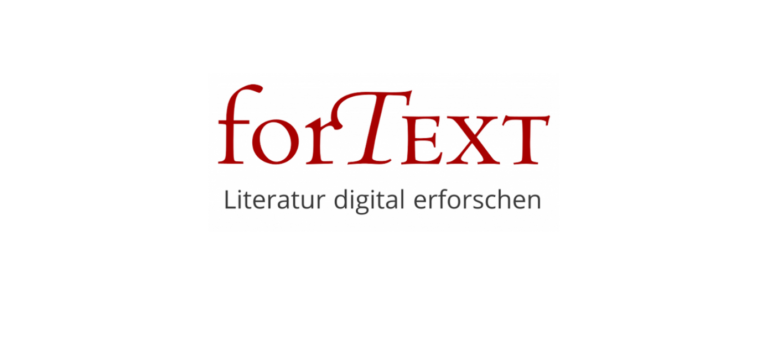
Das forTEXT Portal bietet einsteigerfreundlich aufbereitete, zitierfähige Methodenbeschreibungen und Reviews von Textsammlungen und Tools – von Digitalisierung über Annotation zu
Short description of the project
The Institute for Documentology and Scholarly Editing e.V. (IDE) is an international association of scholars from various disciplines in the humanities who are affiliated with the Digital Humanities. The institute conducts research in various subfields of humanities and digital humanities, primarily focusing on the exploration, processing, and presentation of knowledge derived from the objects, documents, and texts of these disciplines. It advances the establishment, networking, and dissemination of relevant competencies in research and teaching and actively supports the development of Digital Humanities through consulting, committee work, event organization, training programs, software development, basic research, and the publication of its own publication series.
Project content
The Institute for Documentology and Scholarly Editing e.V. (IDE) is a (virtual) association of researchers working on the application of digital methods to (historical) documents and texts. The institute was founded in 2006. Its members are involved in important international research projects. The Institute sees itself as a focal point for the application of IT technologies in the field of critical editing, i.e. the science of editing, and documentology, i.e. a science of the historical document that understands it as a physical object as well as a text carrier. In order to fulfil this task, the members participate in relevant current discussions through reviews and academic contributions, organise conferences, advise on forward-looking projects and train the next generation of academics.
Find out more at
www.i-d-e.de/
Add your DH research project to the project showcase by submitting a short project description via the web form. Enter project data, a brief description, a graphic or visualization as well as a detailed description of the project content with technical assignment, addressees, added value, project managers, funding information and duration.

Das forTEXT Portal bietet einsteigerfreundlich aufbereitete, zitierfähige Methodenbeschreibungen und Reviews von Textsammlungen und Tools – von Digitalisierung über Annotation zu
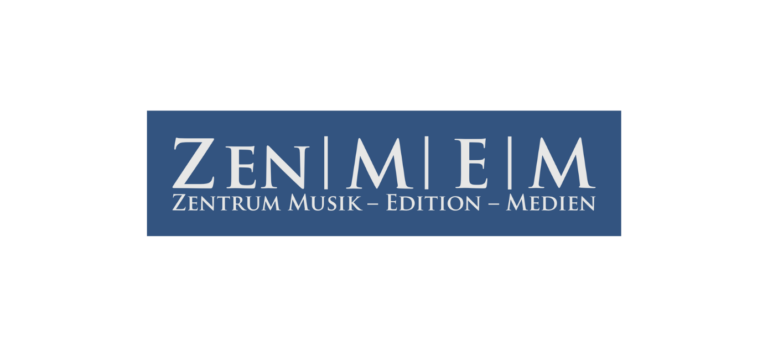
ZenMEM ist ein dezidiert offener Verbund von Wissenschaftler*innen und darum bemüht, gemeinsam neue, digital gestützte Forschungsmöglichkeiten im Bereich der Kulturwissenschaften
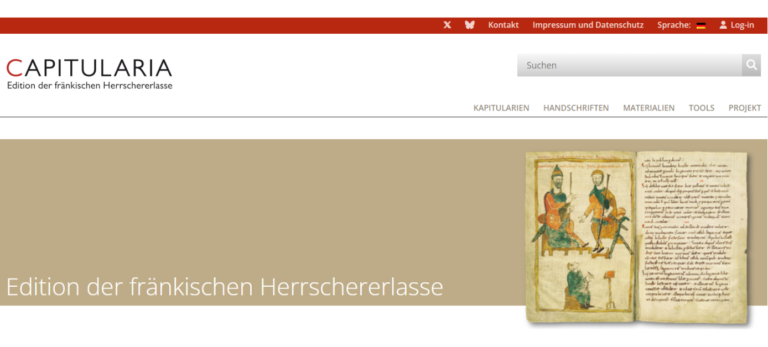
Das Projekt erarbeitet eine Neuedition der fränkischen Herrschererlasse („Kapitularien”), die zu den zentralen Rechtsquellen des europäischen Mittelalters gehören. Zum einen
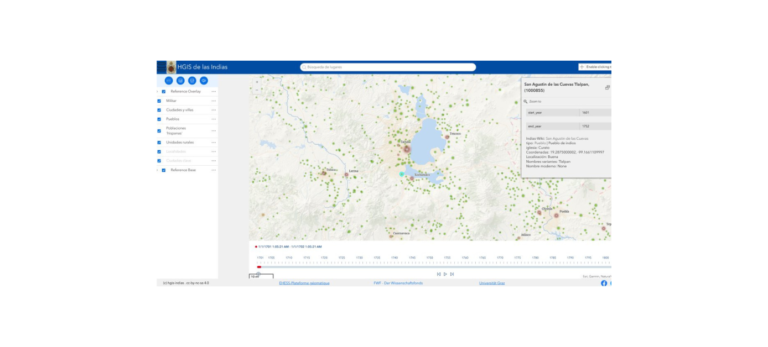
HGIS de las Indias ist eine historisch-geographische Datenbank zum Spanisch-Amerika der ausgehenden Kolonialzeit.
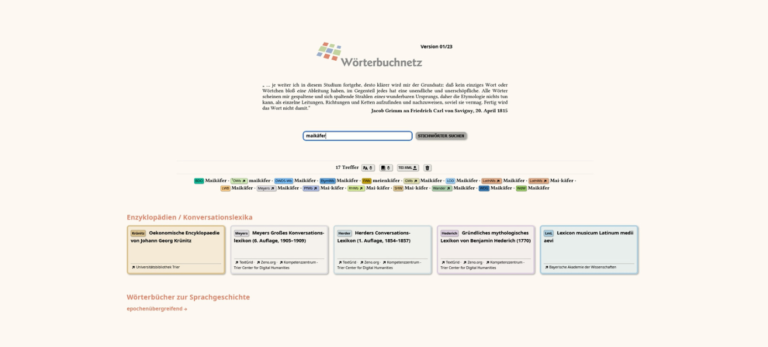
Das Trierer Wörterbuchnetz bietet Zugriff auf mehr als 40 Wörterbücher und Nachschlagewerke, die entweder einzeln aufgerufen oder mittels einer übergreifenden
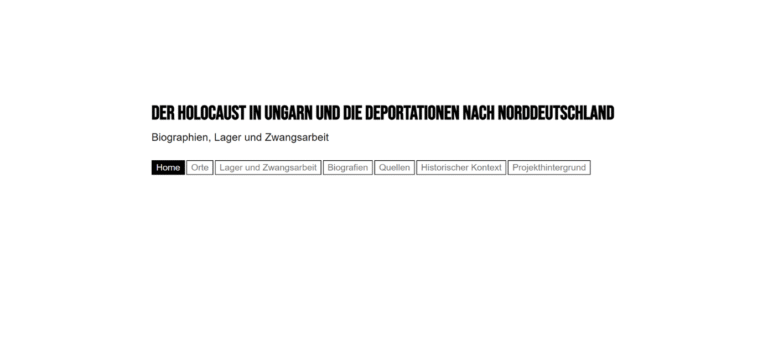
Die Website „Der Holocaust in Ungarn und die Deportationen nach Norddeutschland“ präsentiert Ergebnisse aus dem transnationalen Projekt „Digitale Gedenk- und
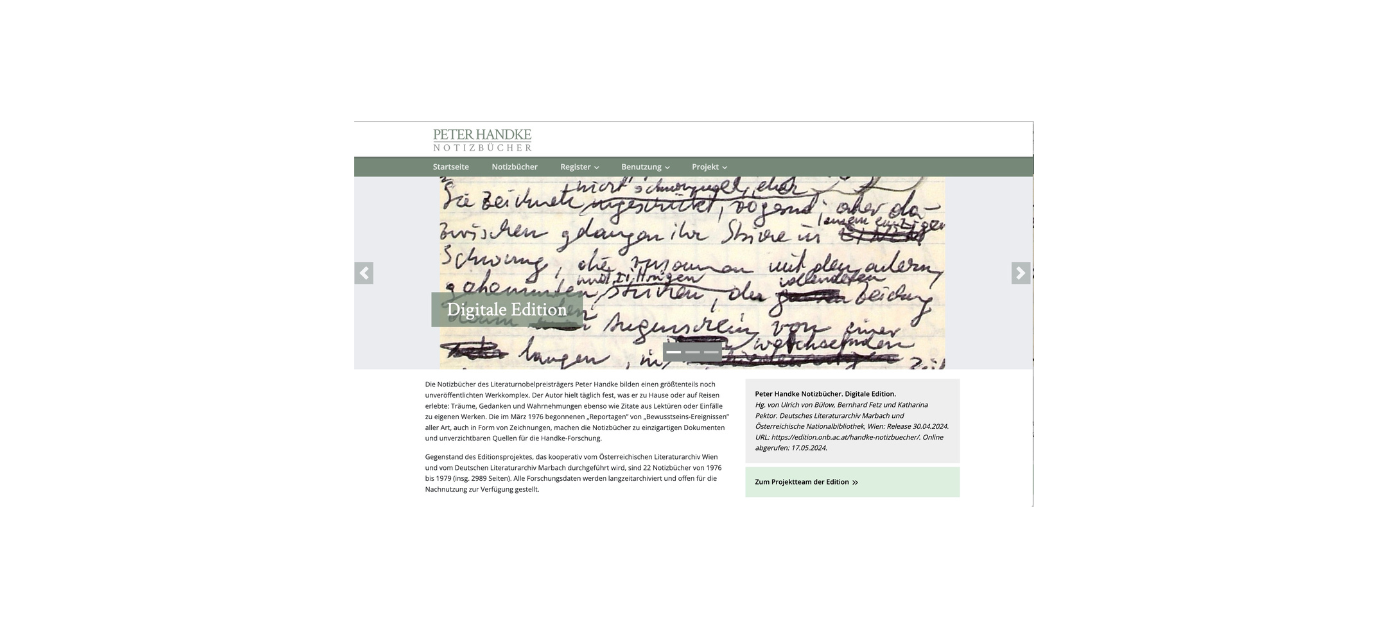
In einem langfristigen Kooperationsprojekt von Österreichischer Nationalbibliothek und Deutschem Literaturarchiv Marbach werden alle bis 1990 entstandenen 75 Notizbücher in einer kommentierten digitalen Edition erstmals veröffentlicht und frei zugänglich gemacht.
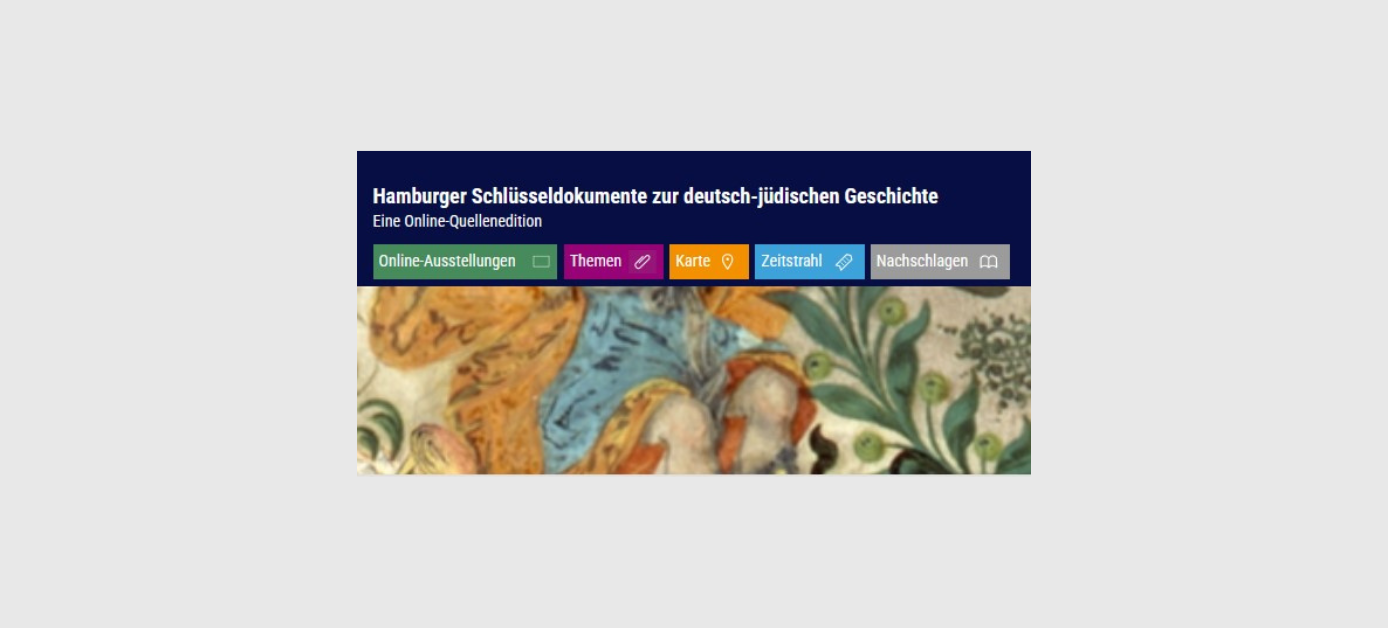
Die Edition „Hamburger Schlüsseldokumente zur deutsch-jüdischen Geschichte“ soll sowohl einem akademischen Publikum als auch der interessierten Öffentlichkeit einen niedrigschwelligen Zugang
Wir verwenden Cookies und ähnliche Funktionen zur Verarbeitung von Daten. Die Zustimmung ist freiwillig und kann jederzeit widerrufen werden.